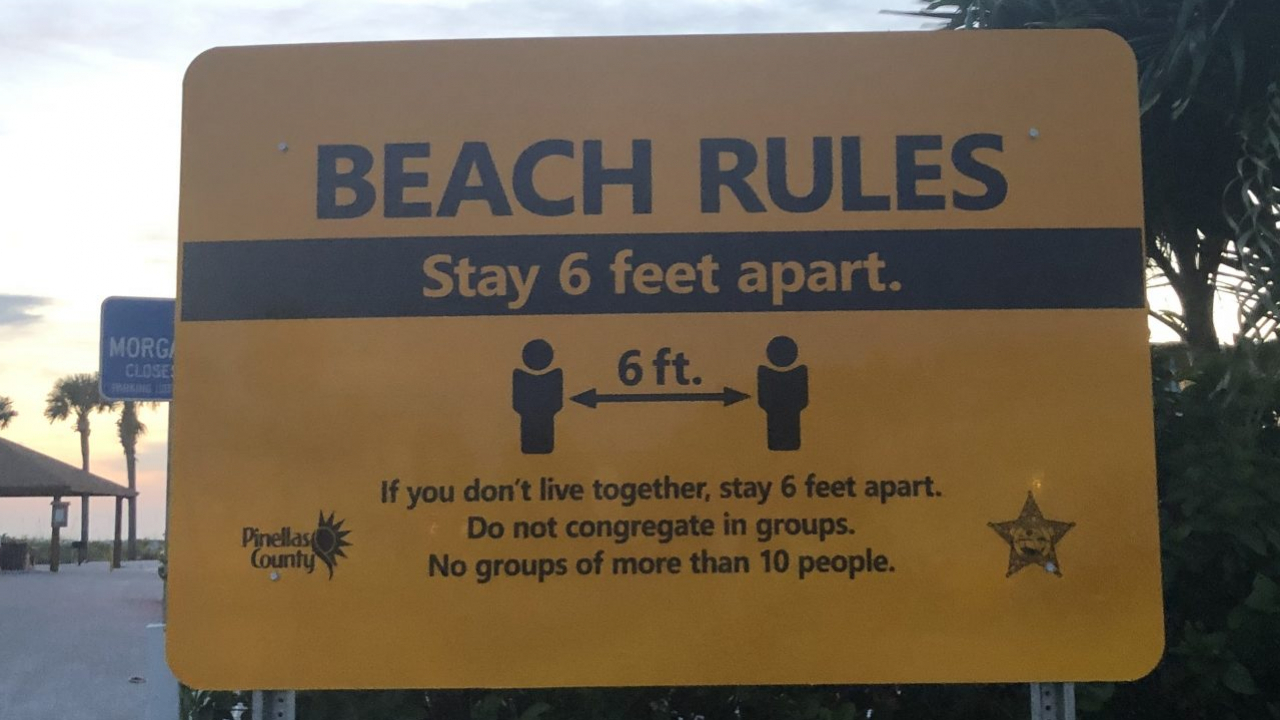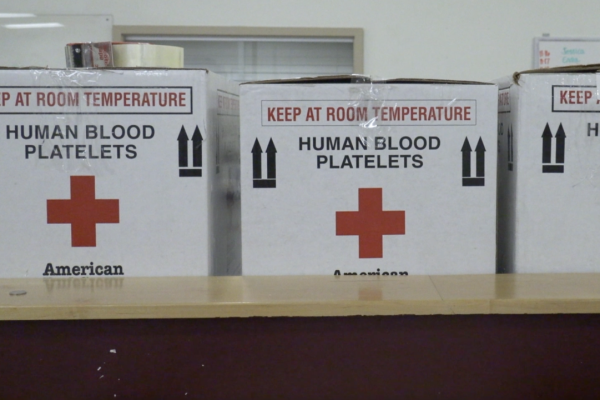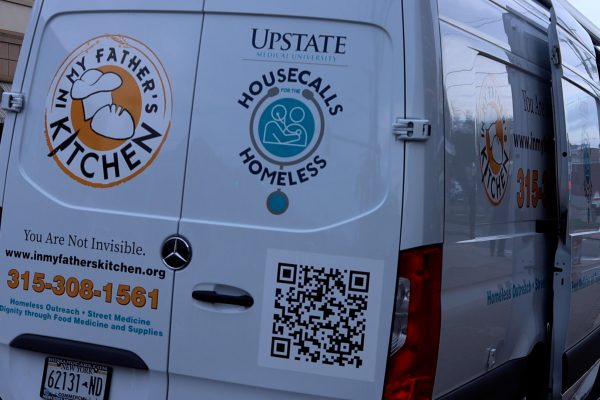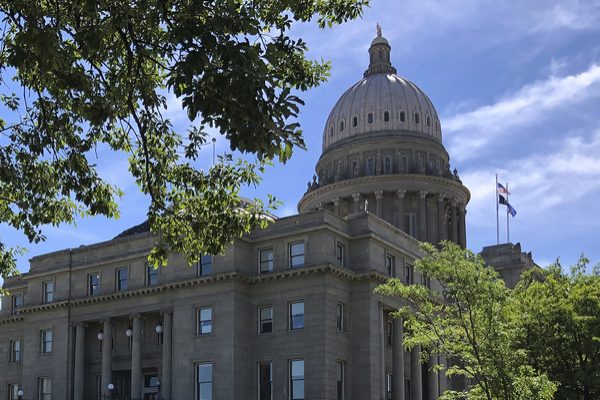
TAMPA, Fla. (NCC News) — Florida’s beaches remain open state-wide as Coronavirus cases set records last week.
Governor Ron DeSantis had initially taken an interest, closing beaches in two counties, Broward and Palm Beach, at the outset of the pandemic. These closures have since been lifted, leaving the decision to close up to local officials as the pandemic drags on.
In Clearwater, a spring break hotspot near Tampa, the City Council voted to close its beach in March. Council members resisted closing the beach again as cases spiked around the Fourth of July, with a projected $9.4 million loss from COVID-19 already on next year’s budget.
“We should do everything possible to get the economy open, at the same time using some common sense following the guidelines,” said Walter Evans, a local resident. “People need to go to work.”
The sting of a fickle tourist economy in limbo has not stopped cities further south. Miami-Dade County closed its beaches for the Fourth of July weekend, causing a rash of closures in surrounding areas, which heightened pressure in places like Clearwater.
“As someone who has had COVID in the past, I got mine from going to a social gathering,” said Calvin McClarin, another local resident. “If the beaches are still open, people will not be social distancing.”
The beaches that do remain open have put up signs to try to enforce CDC guidelines. Both Evans and McClarin agree this effort is in vain.
“They totally ignore the guidelines and I think that’s the problem,” said Evans.
The conversation in Clearwater is a microcosm of a state in flux. With no middle ground to stand on, cities and towns are caught between rising COVID infections and melting budgets. Health Officials now consider Florida, southern Florida in particular, the world’s new epicenter for COVID-19. So, the conversation is not going away any time soon.




